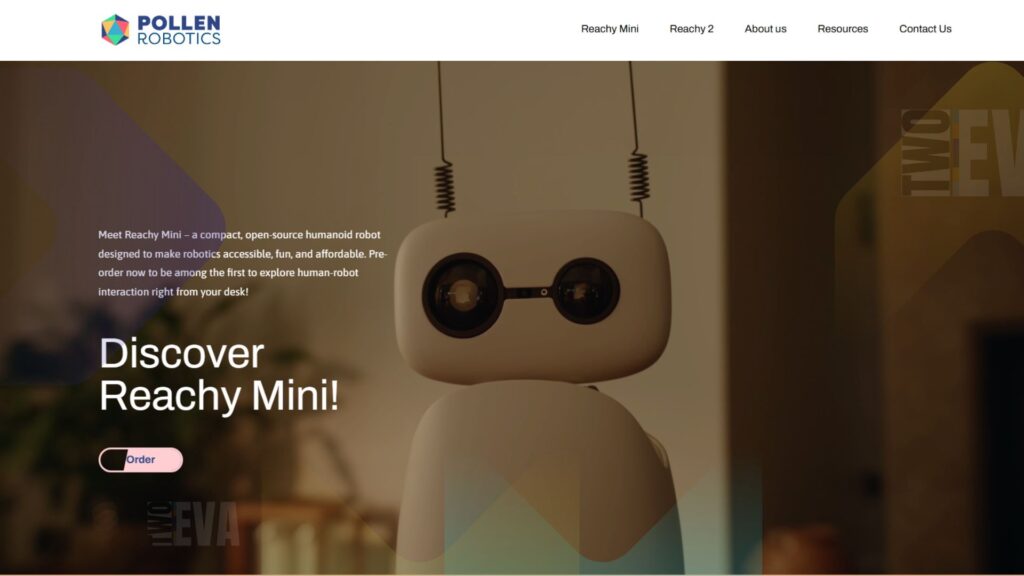In a recent bombshell report from the technology news outlet The Information, it has been revealed that tech giant Google is developing a groundbreaking new AI model that could potentially “take over” users’ Chrome browsers, carrying out tasks on their behalf. This revelation has sent shockwaves through the tech community, raising concerns about the implications of such a powerful and intrusive AI system.
According to the report, the new AI model, codenamed “Project Jarvis” and powered by an upcoming version of Google’s Gemini AI system, could be capable of performing a wide range of tasks for users, such as booking flights, making purchases, and even managing their schedules. While the potential convenience of such an AI assistant is undeniable, the creepy factor has many experts and users alike questioning the true motives behind Google’s latest foray into AI.

“This is the kind of thing that just sends a chill down my spine,” said technology analyst Samantha Wilkins. “We’re talking about an AI that can essentially take control of your browser and make decisions on your behalf. That’s a level of automation and control that I don’t think many people are comfortable with, regardless of the potential benefits.”
Indeed, the news comes at a time when public skepticism towards AI-powered automation is already at an all-time high. Earlier this year, Gartner predicted that 30% of current generative AI projects will be abandoned by 2025, as companies and consumers alike become increasingly wary of the potential pitfalls of AI overreach.
“There’s a reason why, to Gen Z, ‘Google’ is no longer a verb,” said tech journalist Alex Barton. “Younger users are flocking to products from different companies that actually work correctly, because they’ve become disillusioned with the kind of error-prone, garbage-filled automation that Google has become known for.”

This sentiment is echoed by many who have grown frustrated with the inconsistencies and inaccuracies that have crept into Google’s core products, from Search to Maps to Gmail. The news of Project Jarvis seems to be the latest in a growing list of questionable decisions made by Google’s management, as they prioritize revenue preservation and the race for AI dominance over ensuring the quality and reliability of their core services.
“It’s all because Google is so obsessed with AI and with error- and garbage-filled automation, that the company once universally regarded as an ‘organizer of the world’s information’ is fine with doing whatever it takes to keep from being seen as falling behind in the AI revolution,” Barton added.
But the concerns go beyond just the reliability and accuracy of Google’s AI-powered offerings. There are also significant privacy and security implications to consider, as users’ browsing data and digital activities could potentially be accessed and manipulated by an AI system with such broad capabilities.
“Nobody is that busy that they need an AI to buy their plane ticket,” said tech analyst Samantha Wilkins. “I especially don’t want Google’s AI doing that on my behalf, since it clearly can’t even scan a ticket confirmation email in its own Gmail product correctly to show the right airport code on my Google Calendar.”
As Google continues to forge ahead with its AI ambitions, the tech industry and the public at large will be watching closely to see how the company navigates the delicate balance between innovation and responsible development. With trust in the tech giant already eroding, the success or failure of Project Jarvis could have far-reaching implications for Google’s future.


















